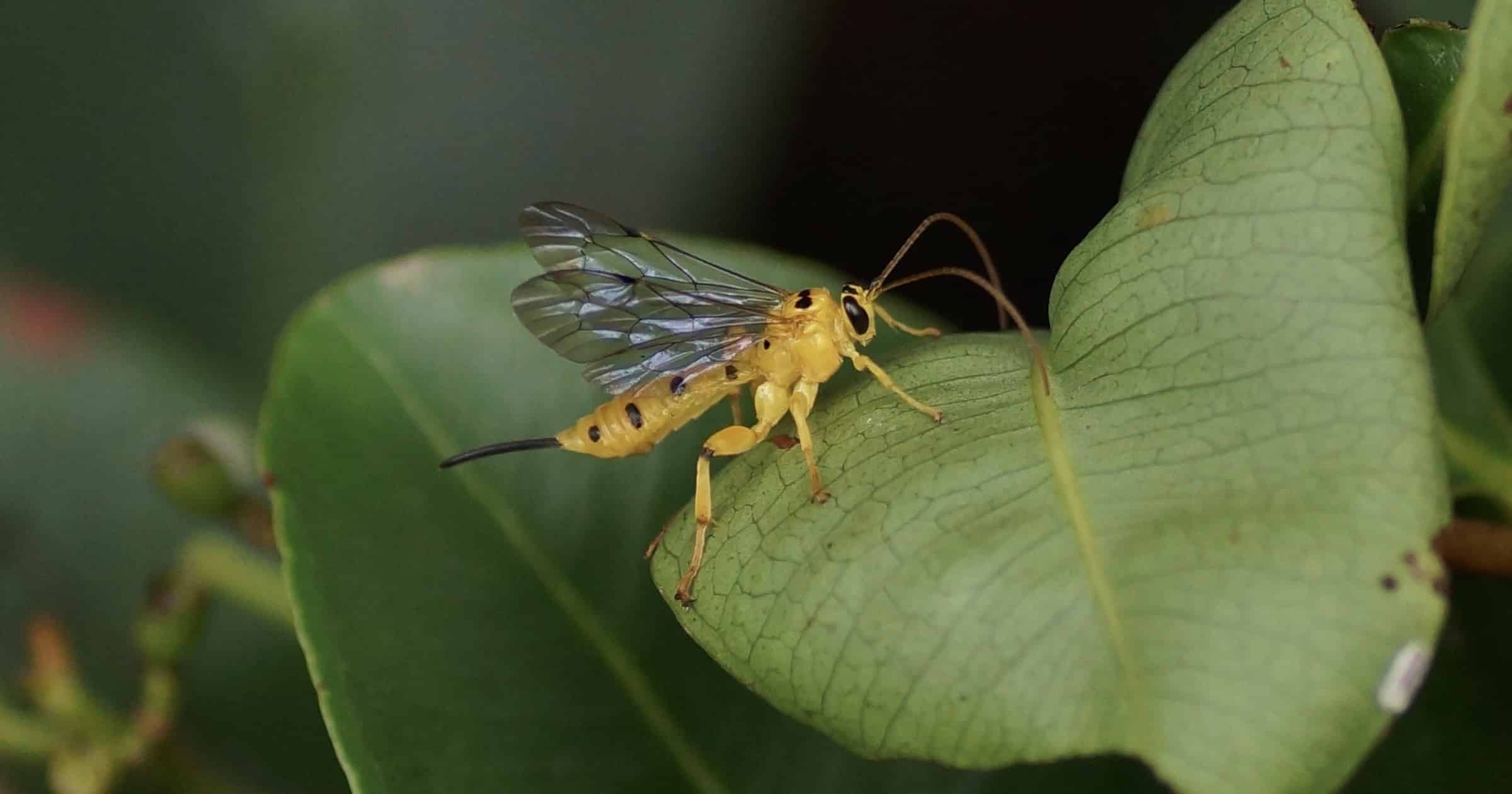 Evolution
Evolution
 Life Sciences
Life Sciences
A Debate on the “Randomness” of Mutation

Biologist Greg Monroe at UC Davis started a Twitter thread, beginning with the question:
Are mutations random?
Here is a brief survey of groundbreaking mechanistic work that all evolutionary biologists should be familiar with.
The historical wellspring of randomness in evolutionary theory is Darwin’s own insistence on “chance” at the causal foundations of life. This passage, from a May 1860 letter to Asa Gray, can hardly be improved upon as an expression of his metaphysical commitments (my emphasis):
There seems to me too much misery in the world. I cannot persuade myself that a beneficent & omnipotent God would have designedly created the Ichneumonidæ with the express intention of their feeding within the living bodies of caterpillars, or that a cat should play with mice. Not believing this, I see no necessity in the belief that the eye was expressly designed. On the other hand I cannot anyhow be contented to view this wonderful universe & especially the nature of man, & to conclude that everything is the result of brute force. I am inclined to look at everything as resulting from designed laws, with the details, whether good or bad, left to the working out of what we may call chance. Not that this notion at all satisfies me. I feel most deeply that the whole subject is too profound for the human intellect. A dog might as well speculate on the mind of Newton. Let each man hope & believe what he can.
Note the entanglement with theology here — or rather, not “entanglement,” but full embedding.
